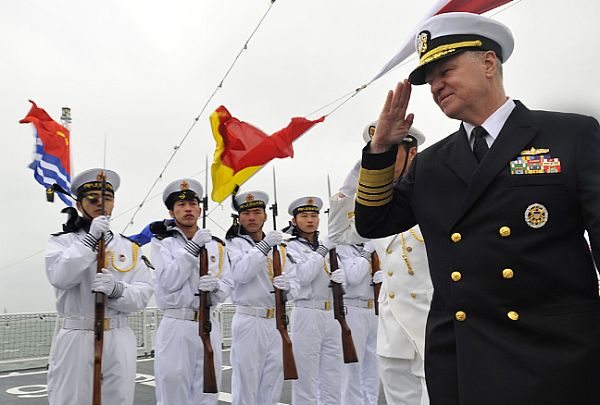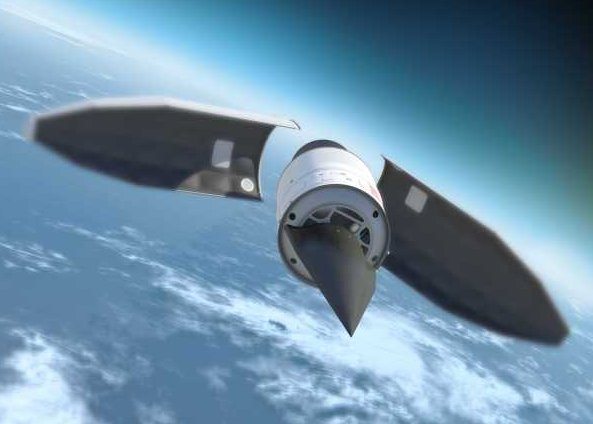Defence Minister Stephen Smith Tuesday said Canberra would seriously consider trilateral military training with the United States and China following the announcement of a US troop buildup in Darwin.
Smith said the move was suggested by Indonesian President Susilo Bambang Yudhoyono following talks with Australian leader Julia Gillard at last weekend’s East Asia Summit in Bali after Beijing criticised the troop boost.
“We don’t see it as something which would necessarily occur in the short-term but its a good suggestion, it’s an interesting suggestion,” Smith said.
“It’s a positive suggestion and one which I think in the longer term could fall for serious consideration.”
Yudhoyono’s Foreign Minister Marty Natalegawa expressed reservations about the plan to bring some 2,500 Marines to northern Australia by 2016-17, unveiled by US President Barack Obama during a flying visit to Canberra last week.
Natalegawa warned that it could inflame relations and create a “vicious circle of tensions and mistrust” in the region, urging transparency, particularly about the motives behind the move.
Indonesia is building up its own military cooperation with US forces.
The United States and its allies have expressed concern over the intentions behind China’s military build-up and called for greater transparency.
Smith said Australia already did training and exercises with China and had completed joint live-firing drills with its navy for the first time last year.
“We’re working very hard with China and the PLA (People’s Liberation Army) to do precisely that, to do some training to do some exercises and we encourage China and the United States to do that themselves as well,” he said.
Such training “reduces the risk of miscalculation or misjudgment”, Smith added.
Jeffrey Bleich, US ambassador to Australia, said there were “a lot of variables” but Washington was interested in strengthening military ties.
“For the broad brushstrokes yes, we want to work more with the Chinese military and we’re looking for opportunities to cooperate with all countries in the region,” Bleich told The Australian newspaper.
“If you have a lot of nations rising quickly and not understanding each other’s intentions you’re always concerned about the risk of a misunderstanding. You want to be prepared for that.”
The US and Chinese navies have held joint search-and-rescue drills.
The two sides would carry out humanitarian rescue-and-disaster relief drills next year, and also joint anti-piracy drills in the Gulf of Aden this year, they announced in July.
But they do not stage joint live-fire drills like those the US has with its ally South Korea.










